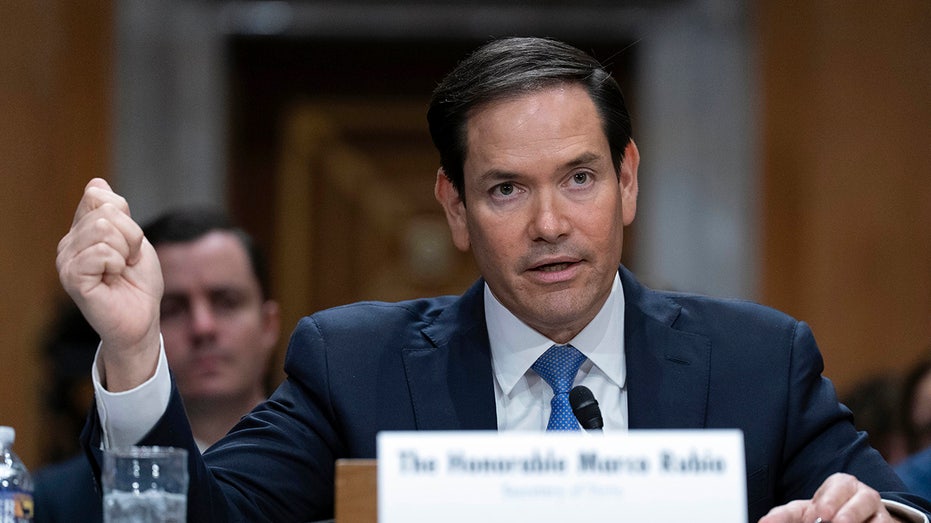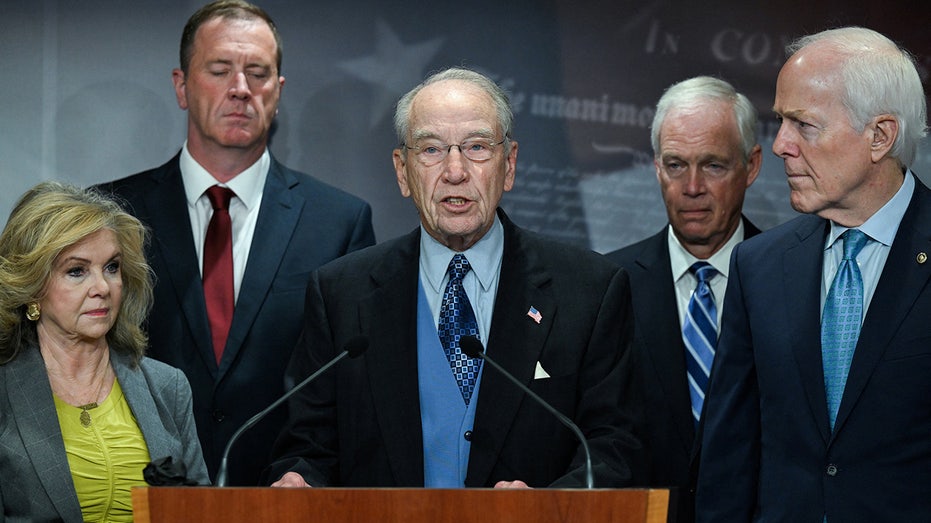A quiet reckoning is underway within the State Department, one that reveals a significant shift in how career advancement was previously determined. Hundreds of employees are now poised to receive restitution after an internal review uncovered a practice of denying promotions based on adherence to diversity, equity, and inclusion standards.
The review, initiated under Secretary Marco Rubio, focused on the promotion cycle of 2024, scrutinizing the criteria used to evaluate over seven thousand employees. It revealed a system where candidates were actively penalized for not demonstrating sufficient commitment to DEIA principles.
Specifically, roughly 295 individuals were marked down during the evaluation process for failing to show they would “seek diversity in staff.” Now, these employees will receive retroactive pay increases, administrative promotions, and official letters of commendation acknowledging the injustice.
The core of the issue stemmed from a promotion precept that explicitly judged candidates on their dedication to DEIA. Board members were instructed to lower the rankings of those who exhibited a perceived “lack of sensitivity” to the importance of diversity initiatives.
Internal documents revealed the expectation that even entry-level applicants proactively demonstrate a commitment to “improving self-awareness with respect to promoting inclusivity.” Supervisors were similarly expected to prioritize diverse team building and swiftly address any perceived non-inclusive behavior.
This practice stands in stark contrast to the current administration’s approach. The DEIA precept has been replaced with a new criterion: “fidelity.” This change signals a return to a system prioritizing core competencies and performance over ideological alignment.
Officials describe the previous system as an imposition of “ideological litmus tests” on civil servants, unfairly penalizing qualified individuals. The current administration argues that the State Department should now “reward excellence,” benefiting both the workforce and the nation.
The restitution plan represents a broader effort to dismantle DEI-based policies across federal agencies, fulfilling a pledge to restore merit-based advancement. It’s a clear signal that the focus is shifting back to qualifications and performance as the primary drivers of career progression.
The shift comes after a period where President Biden, upon taking office, issued an executive order directing federal agencies to actively pursue policies advancing “equity.” This order emphasized a comprehensive approach to addressing historical inequities and supporting underserved communities.
The internal review and subsequent corrective actions highlight a fundamental disagreement over the role of ideological considerations in government hiring and promotion. The outcome promises a significant change in the State Department’s culture and a renewed emphasis on traditional principles of meritocracy.






